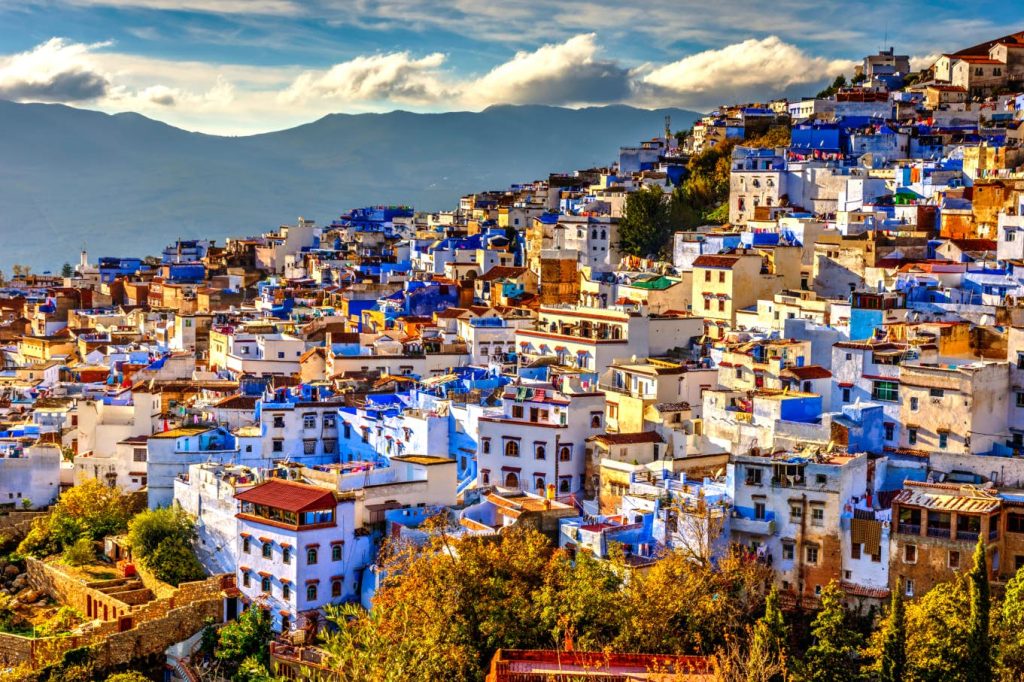Nestled in the Rif Mountains of northern Morocco, the Rifian tribe represents one of the most resilient and historically significant indigenous communities in North Africa. Known for their fierce independence, cultural contributions, and political influence, the Rifians have played a pivotal role in shaping the history of Morocco and the African continent at large. It is bordered on the north by the Mediterranean Sea and Spain and on the west by the Atlantic Ocean, and is the homeland of the Rifians and the Jebala people.
The Rifian people have earned a reputation as fierce defenders of their independence. One of their most notable chapters in history is the Rif War (1921–1926), when they resisted colonial domination by Spain and France. Under the leadership of the legendary Abdelkrim al-Khattabi, the Rifians established the Republic of the Rif in 1921, one of the first modern attempts at an independent African republic.
Using guerrilla tactics and superior knowledge of the mountainous terrain, the Rifians dealt a significant blow to the Spanish forces at the Battle of Annual, a defeat that shook colonial powers. However, the combined might of French and Spanish forces eventually overwhelmed the Rifians, and the republic was dissolved in 1926. Despite the loss, Abdelkrim al-Khattabi became a symbol of anti-colonial resistance across Africa and the Arab world.

Trade has been a cornerstone of Rifian life for centuries. The region’s proximity to the Mediterranean facilitated exchanges with Phoenicians, Romans, and later European powers. Rifian markets offered commodities like salt, olive oil, and ceramics while importing tools, textiles, and other goods.
In recent decades, cannabis production has been a controversial economic lifeline for many in the Rif, with the region supplying a significant portion of the global hashish market. While lucrative, this trade has also attracted international scrutiny and efforts by the Moroccan government to provide alternative livelihoods.
Efforts to preserve Rifian culture and language are gaining momentum, with Tamazight now recognized as an official language of Morocco. These strides ensure that the Rifian tribe’s contributions to Morocco and Africa will continue to be celebrated for generations to come.

The Rifian tribe’s history is a tapestry of resilience, ingenuity, and cultural richness. From their mountain strongholds, they have resisted foreign domination, influenced trade networks, and played a pivotal role in Morocco’s national identity. As Africa charts its course in the 21st century, the Rifian people stand as a testament to the enduring power of indigenous communities.
